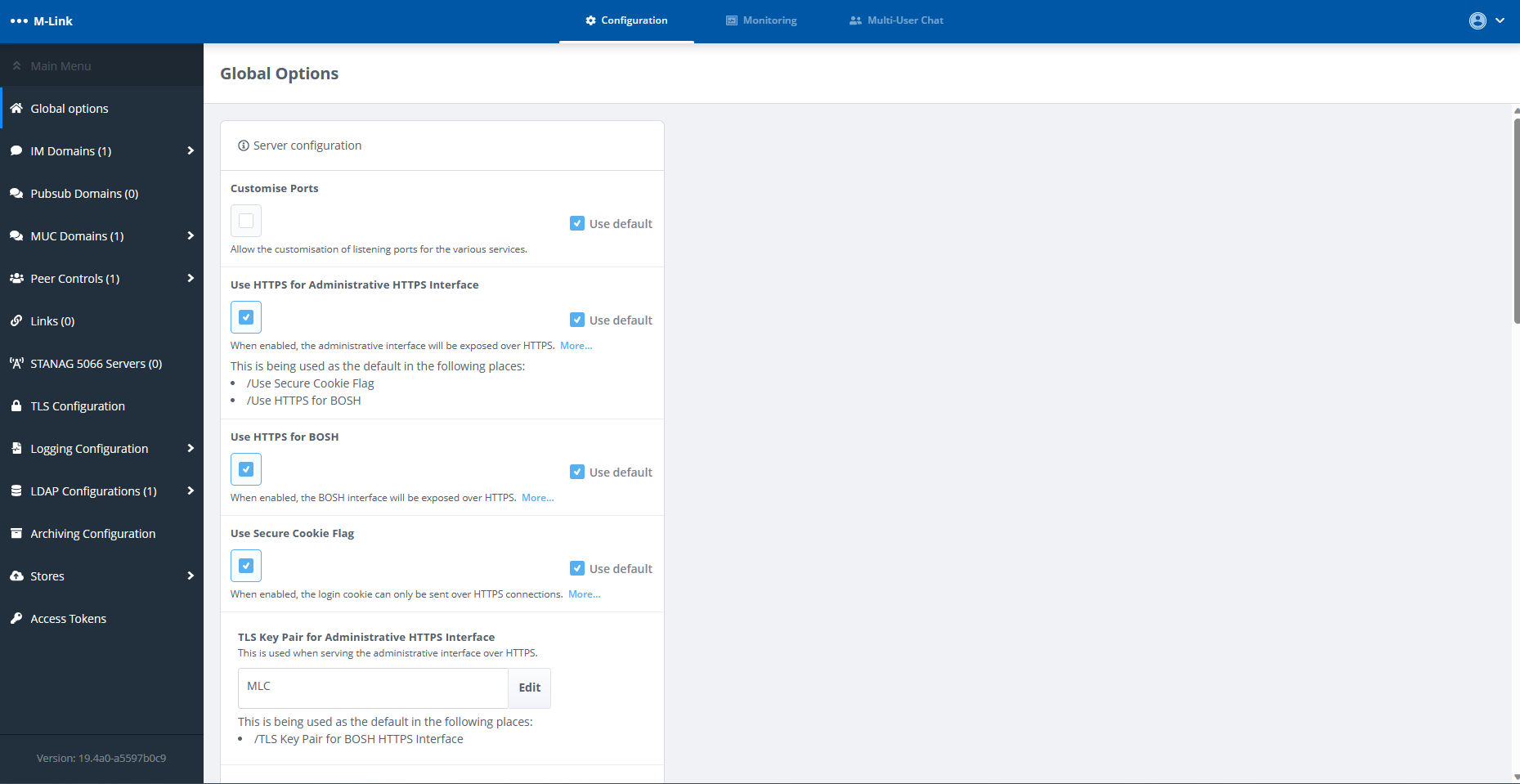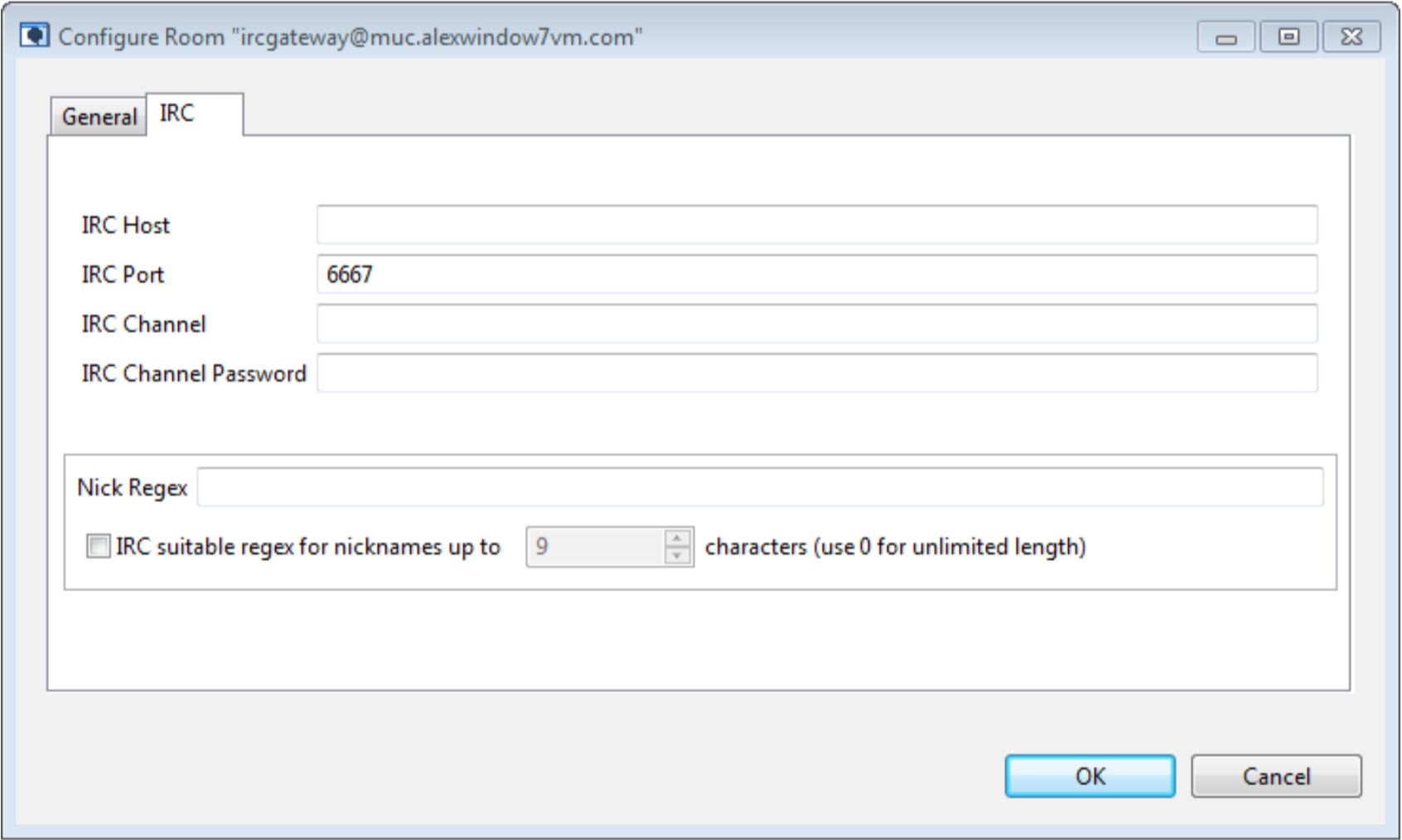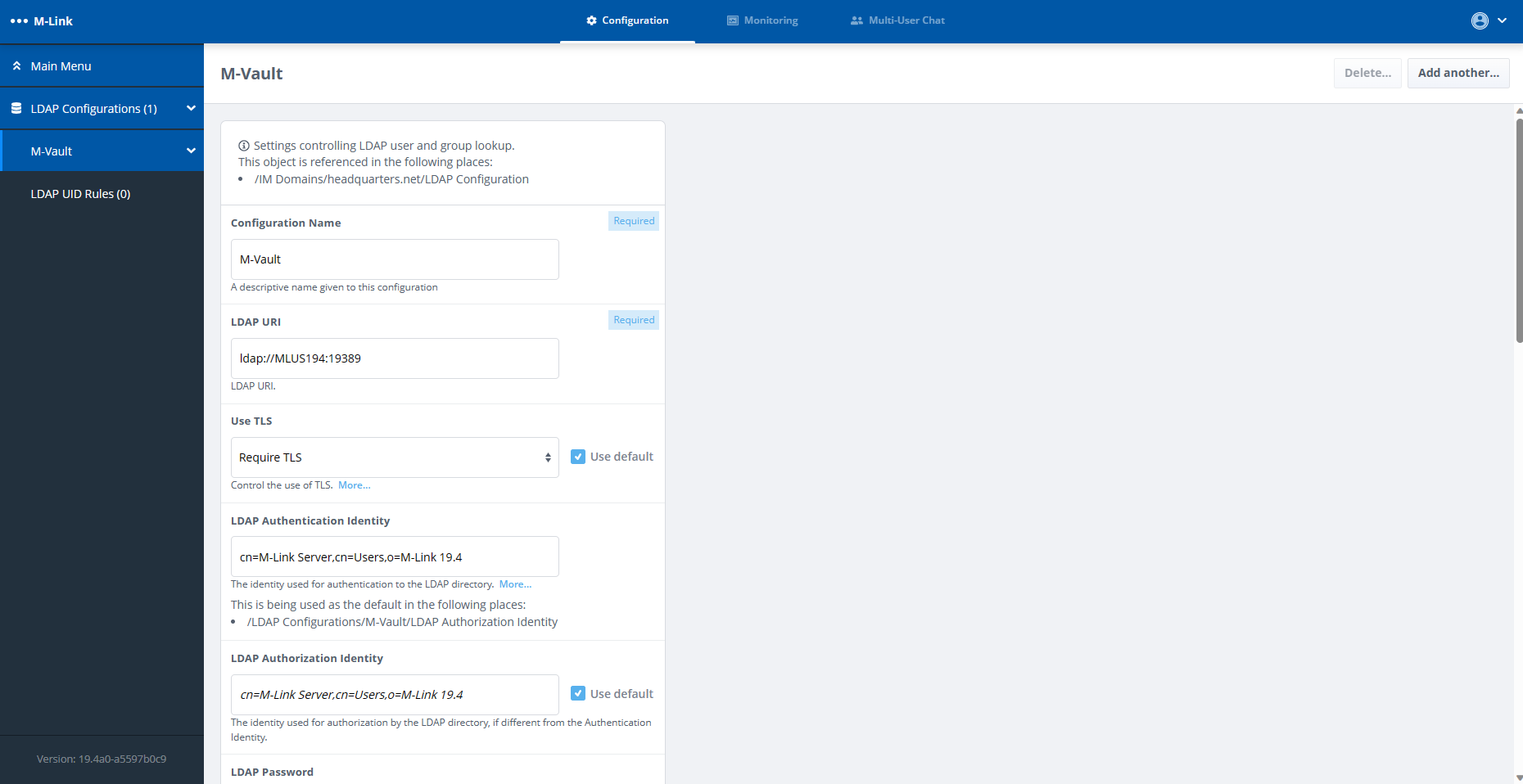Products
XMPP
Based on the Open Standard eXtensible Messaging and Presence Protocol, our instant messaging products provide secure server and client software for a variety of needs.
The NATO Standard for instant messaging
Our XMPP products provide secure instant messaging solutions that can fit into any existing network that you have running. Our products are completely hardware independent

Security First
Our XMPP products focus on security first, with a wide range of features from security labelling in chat rooms and individual message to the ability to set standard messaging rules for users, we give you complete control over how your operators use your XMPP network.

Open Standards
Built with interoperability in mind, we use open standards wherever possible so that our products can be implemented alongside any systems you or your external partners already have in place, without having to force complicated work arounds to keep communication flowing.

Easily Deployable
We design our software to be easily deployable, giving you the ability to quickly roll out an entire communications network at rapid pace. A vital option for when you need to quickly adapt to rapidly changing situations.

Extremely Adaptable
While our XMPP software works best when you use them with our entire XMPP product suite, they can very easily be slotted into any network you have already. No matter the setup you have, or the products you chose they can be used in parts, or as a whole to provide your existing network with extra functionality without any wider requirements.
Read the latest XMPP Whitepapers

Ready to request an Evaluation?
We welcome evaluations of our products and will make support resources available to you for the duration of your evaluation.





